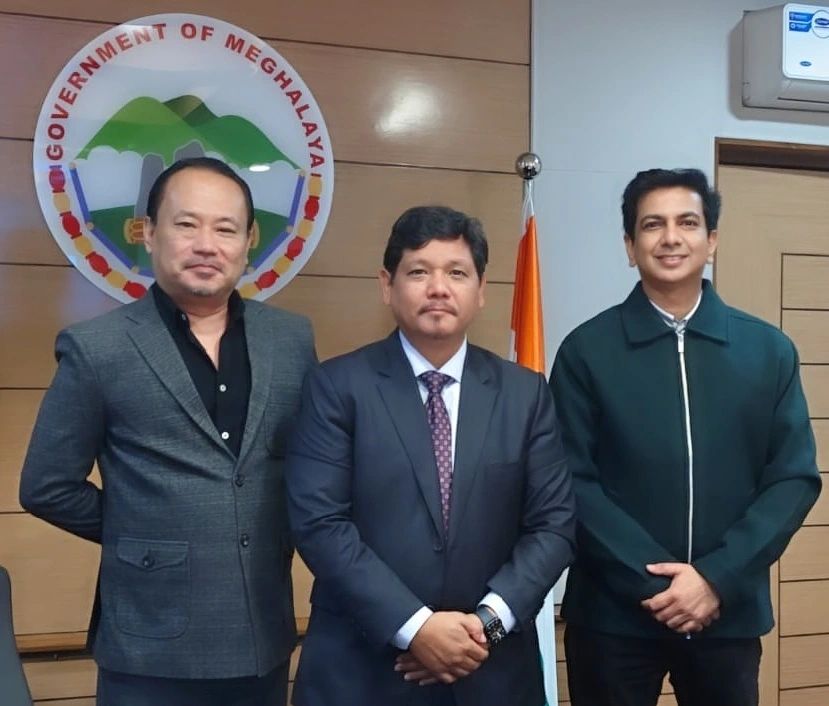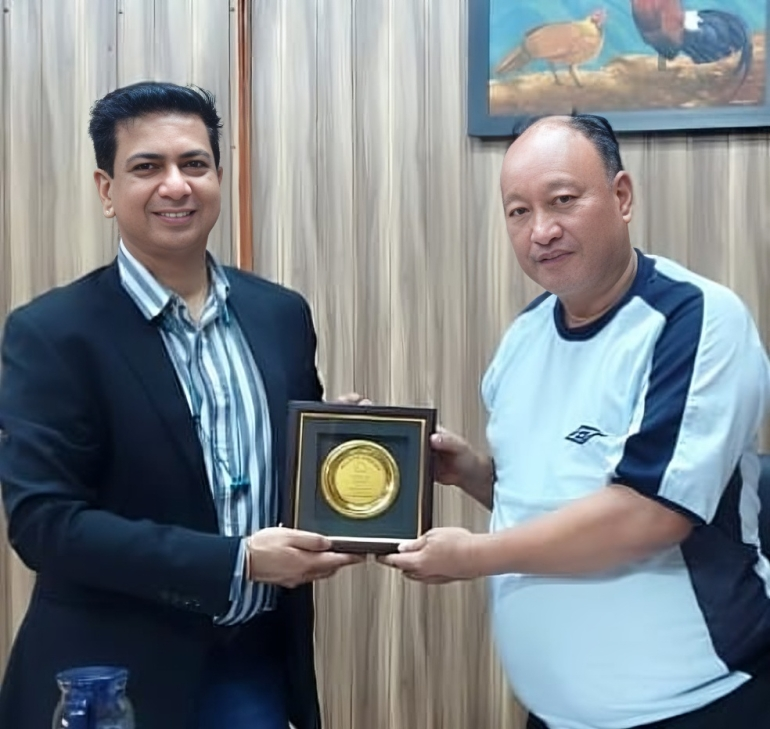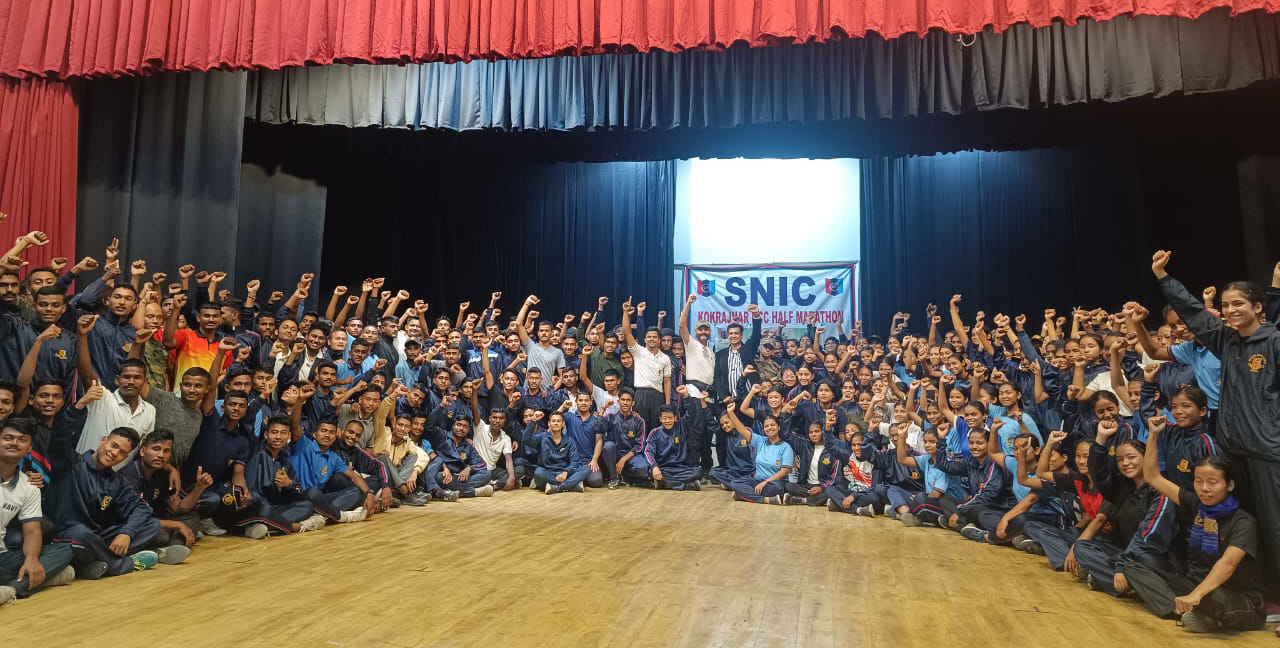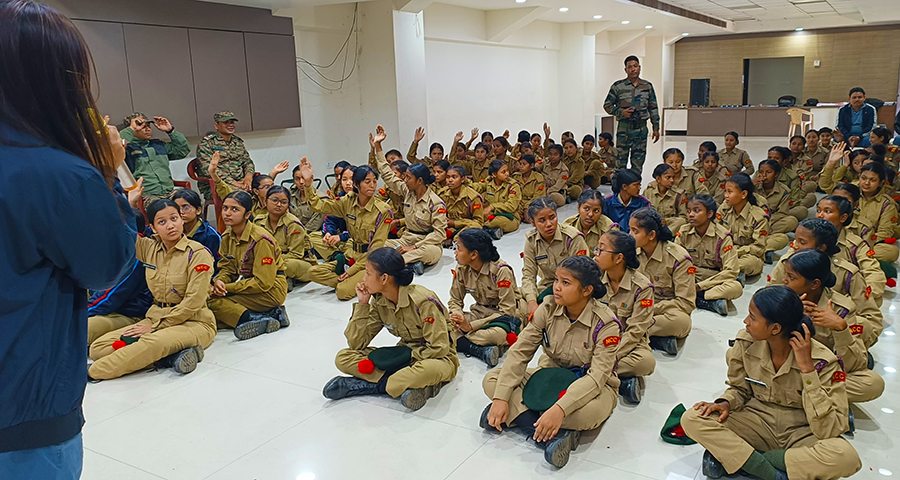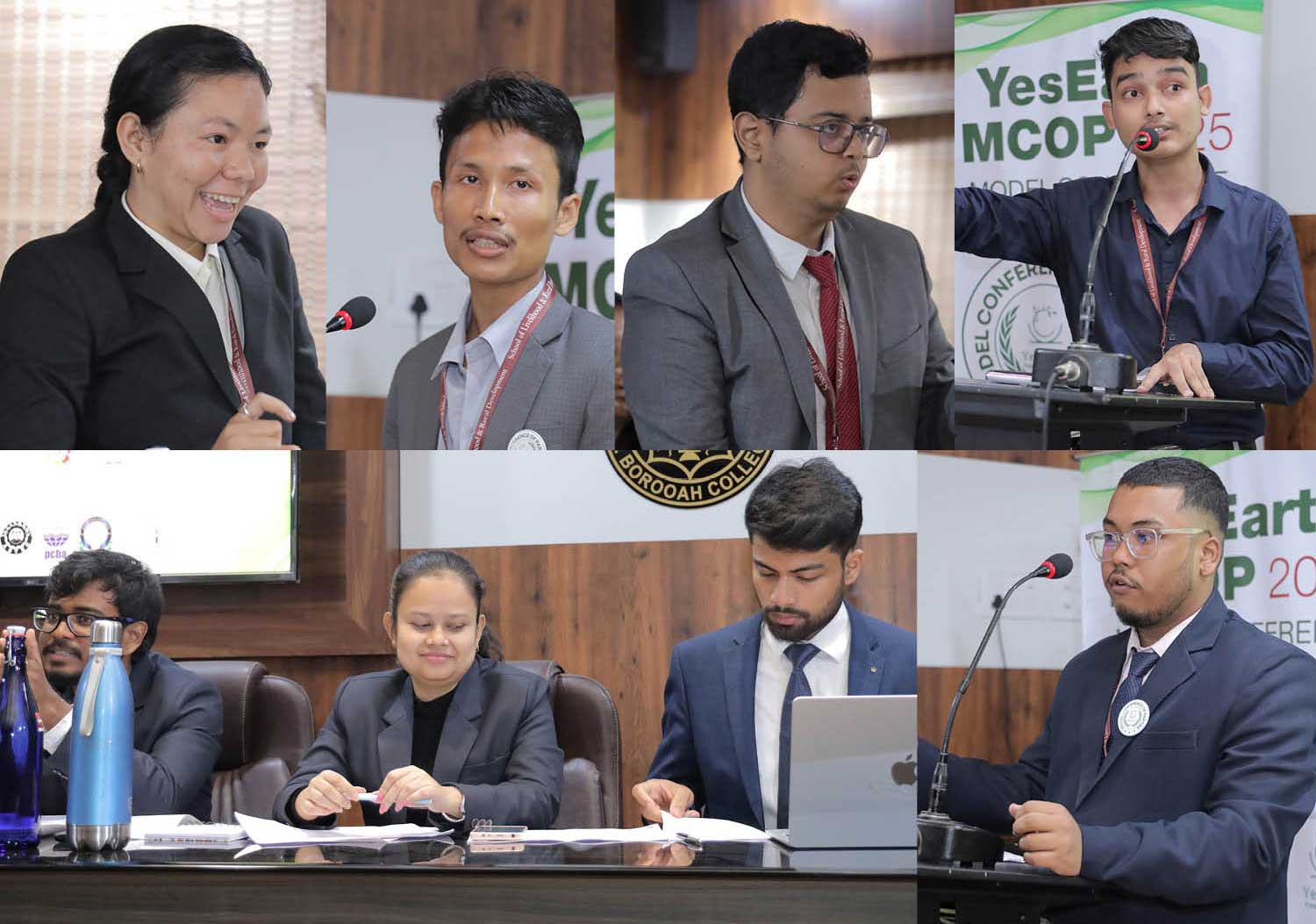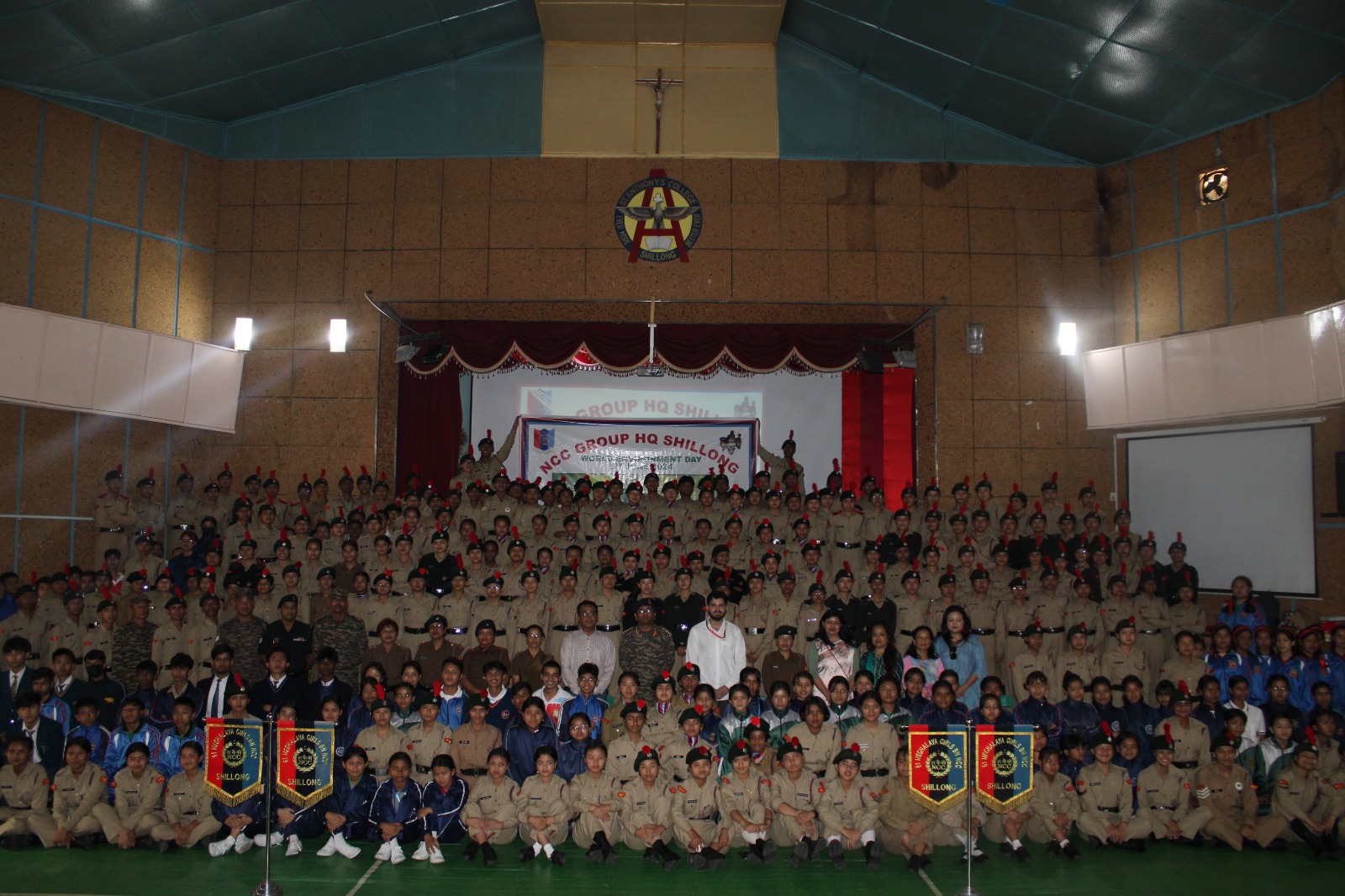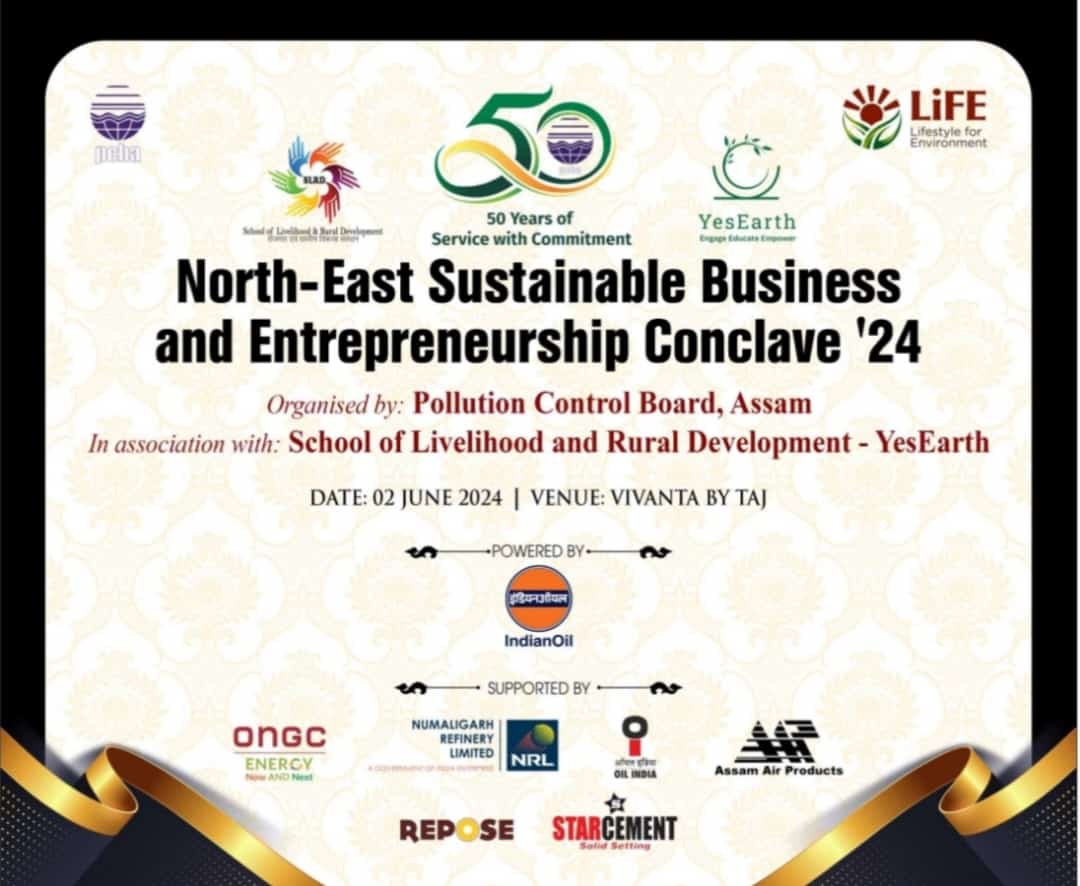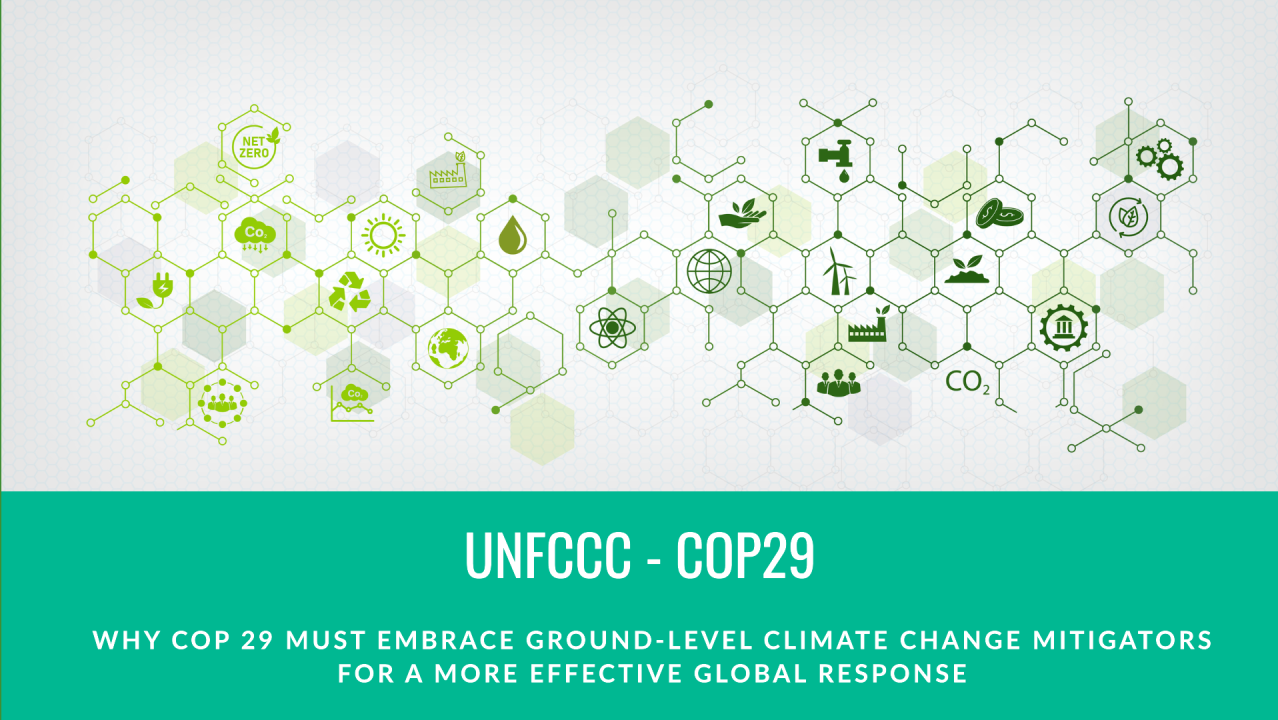Why COP29 Must Embrace Ground-Level Climate Change Mitigators for a More Effective Global Response
By Abhijit Sharma, CEO, YesEarth
Why UNFCCC UN COP29 Azerbaijan Must Embrace Ground-Level Climate Change Mitigators for a More Effective Global Response
As the global community prepares for the 29th Conference of the Parties (COP29), set to take place in Baku, Azerbaijan, the imperative for inclusive representation has never been more critical. While previous conferences have laid foundational frameworks for combating climate change, the upcoming COP29 presents a pivotal opportunity to evolve these efforts by integrating voices from the forefront of climate action—those working on the ground. This article explores the essential reasons why COP29 needs to prioritize the involvement of local and Indigenous communities, grassroots organizations, and frontline climate activists.
Bridging Traditional Knowledge and Modern Science
Indigenous peoples and local communities possess an invaluable wealth of knowledge about sustainable living and environmental stewardship, honed over millennia. Their practices offer innovative solutions that respect and sustain natural ecosystems. At COP 29, their representation can facilitate a fusion of traditional wisdom with contemporary scientific approaches, fostering solutions that are both innovative and culturally attuned.
Grounded in Reality
Direct involvement with the impacts of climate change equips local actors with an acute understanding of the challenges and solutions pertinent to their specific contexts. Their insights can ensure that the global discourse on climate policy is responsive to the lived realities of those most affected, enabling the formulation of relevant and practical strategies for resilience and adaptation.
Enhancing Accountability Through Diversity
The diversity of experiences and solutions brought to the table by parties working in varied environmental, cultural, and socio-economic settings is crucial. This diversity not only enriches the dialogue but also ensures the adaptability and relevance of climate action across different regions. Moreover, involving a broad spectrum of stakeholders enhances the transparency and accountability of the COP processes, ensuring that commitments are scrutinized and informed by those whom they affect most.
Fostering Trust and Cooperation
Inclusion breeds trust. By ensuring that COP29 is representative of a wide array of stakeholders, particularly those from grassroots movements and directly impacted communities, the conference can foster a sense of mutual respect and cooperation. This inclusive approach is vital for building a collective commitment to the climate action agenda, enhancing the chances of its successful implementation.
Mobilizing Action and Resources Efficiently
A more inclusive COP can lead to more efficient mobilization and utilization of resources. When strategies and commitments are informed by the insights of those on the ground, resources can be directed more accurately to where they are most needed and where they can have the greatest impact. This targeted approach ensures that efforts are not just broad but deep, reaching into the heart of communities to effect tangible change.
The success of global efforts to mitigate climate change hinges on the ability to incorporate diverse perspectives, especially those from the ground up. COP29 stands at a threshold, with the opportunity to not just continue the conversation on climate change but to deepen and diversify it. By giving a platform to those actively engaged in climate change mitigation at the grassroots level, the conference can ensure that global policies are not only comprehensive but also carry the conviction and commitment of the global community. In doing so, COP29 can mark a significant step forward in the collective journey towards sustainability and resilience in the face of climate change.
#COP29 #ClimateAction #ClimateJustice #AdaptationAction #MitigationMatters #LocalClimateAction #GlobalClimateGoals #YesEarth

